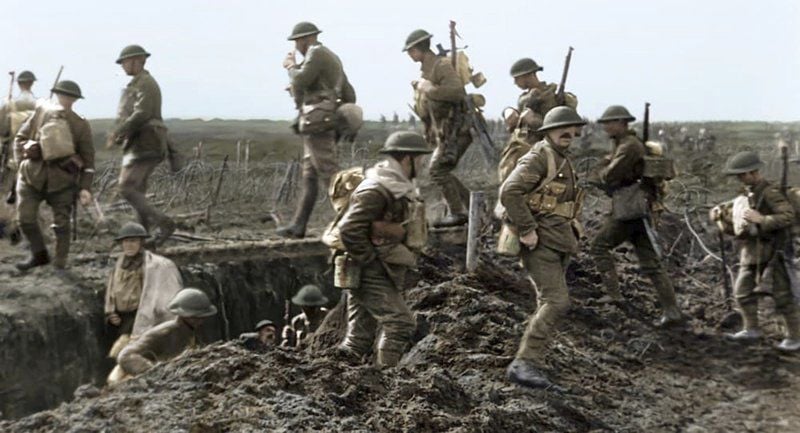Zooooooom Links for this week:
Tuesday, 4/28 - 10:40-11:10 -- Click to Watch the Zooooooom Lesson From Today! It was fun :)
Thursday, 4/30 - 11:10-11:40 -- Click to Watch the Zooooooom Lesson From Today! It was fun :)
We'll be going over the Native American Q's on Tuesday... Don't forget you have a 20th Century Presidential Project due May 6: Wilson, FDR, Truman, JFK, LBJ, Nixon, Carter, or Reagan!
Instead of taking a test on the Progressive Era and the Native American West, let's finish the year on a high note: World War I! Since it was 100 years ago, I think this is more fitting...

Watch This Short Flick Before Beginning the World War Won Doc:
Q's Due Friday by 4 PM -- Quiz Grade
- What is imperialism and provide three examples of how the United States was imperialistic in the late 1800s-early 1900s?
- After what war did the United States acquire Puerto Rico, Guam, and Guantanamo Bay?
- What two major events led to the United States involvement in World War Won?
- Who was president during World War Won?
- What was the president’s message to the nation for getting involved in World War Won?
- Does the United States still live by this message today when entering war? Should the United States continue follow this method? (opinionated)
- What were some challenges for the United States entering the war?
- What were new technologies in the war and how do you think they changed warfare?
- What did the US do at home to promote the war?
- Why did the US pass the Espionage and Sedition Acts?
- How did the US treat German-Americans during the war?
- Were African-Americans treated equal to whites during the War?
- How did the United States mobilize for the war?
- What was the purpose of Wilson’s Fourteen Points and how do you think we abide by these principles today?